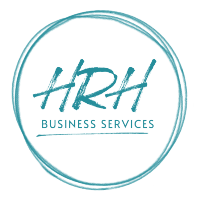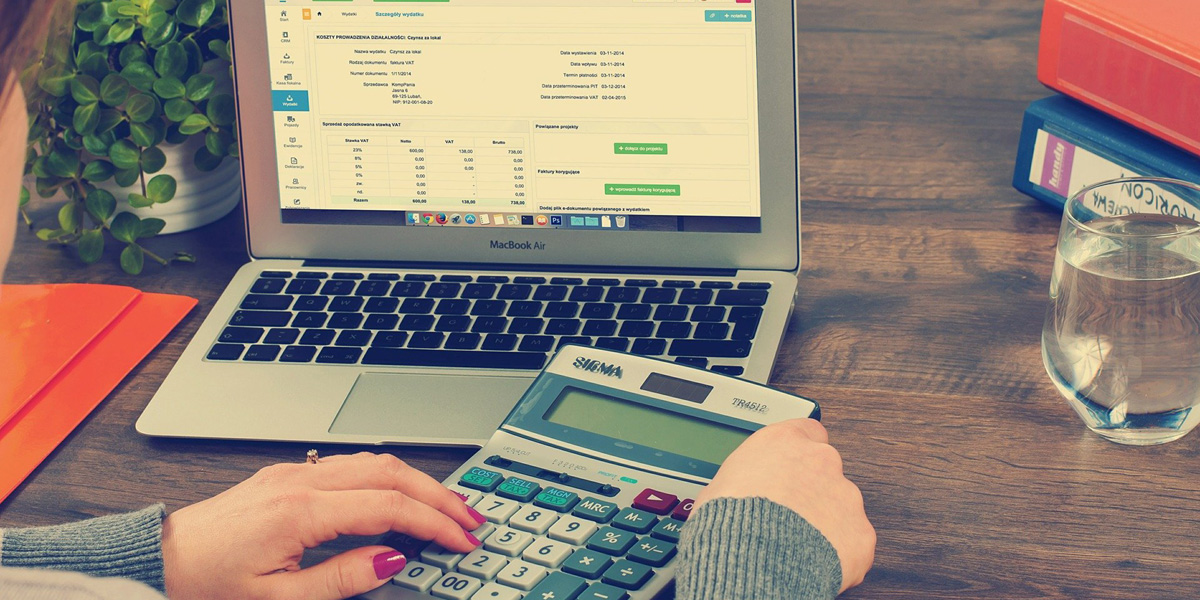On 5th November 2020, the Chancellor announced that the next SEISS grant would be increased from 55% to 80% of average monthly trading profits. The grant will cover a three month period from the start of November until the end of January. This will be paid in a single instalment and will be capped at £7,500.
Full details on eligibility are on www.gov.uk from 23rd November.
Who can claim:
To be eligible for the grant extension self-employed individuals, including members of partnerships, must:
- have been previously eligible for the Self-Employment Income Support Scheme first and second grant (although they do not have to have claimed the previous grants)
- declare that they intend to continue to trade and either:
- are currently actively trading but are impacted by reduced demand due to coronavirus
- were previously trading but are temporarily unable to do so due to coronavirus
Limited companies and trusts are not entitled to claim.
Eligibility criteria for the first and second grants was as follows:
Self-employed individuals and members of a partnership are eligible where the taxpayer:
- submitted their self assessment tax return for the tax year 2018/19 by 23 April 2020;
- traded in the tax year 2019/20;
- intends to continue to trade in the tax year 2020/21;
- carries on a trade which has been adversely affected by coronavirus.
HMRC has provided some guidance on the meaning of ‘adversely affected’. This includes being unable to work because the taxpayer is shielding, self-isolating or is on sick leave or has care responsibilities because of coronavirus. It also includes scaling down, temporarily stopping trading or incurring additional costs because:
- the supply chain has been interrupted;
- the business has fewer or no customers;
- staff are unable to work
- one or more of contracts have been cancelled; or
- protective equipment was purchased to comply with social distancing rules.
The taxpayer's trading profits must also be no more than £50,000 and more than half of their total income for either:
- the tax year 2018/19; or
- the average of the tax years 2016/17, 2017/18, and 2018/19.
How much can be claimed:
The third grant will be calculated as 80% of the average of three months of trading profits, up to a maximum of £7,500.
Average trading profits is based on 2016/17, 2017/18 and 2018/19 with some exceptions for particular circumstances. This will not change for the third and fourth grants.
Subject to eligibility, the second, third and the fourth grants can be claimed even if previous grants were not claimed.
How to apply:
The SEISS application portal is expected to be opened week beginning 30th November 2020 for applications for the third grant.
Further details on the application process will be provided by HMRC in due course.
What you will need to apply:
You will need your:
- Self Assessment Unique Taxpayer Reference (UTR)
- National Insurance number
- Government Gateway user ID and password
- UK bank details (only provide bank account details where a Bacs payment can be accepted) including:
- bank account number
- sort code
- name on the account
- your address linked to your bank account
Taxpayers should keep a copy of the calculation and a record of the claim reference number. It is also important to keep evidence that the business has been adversely affected by coronavirus, such as:
- business accounts showing a reduction in turnover;
- confirmation of any coronavirus-related business loans;
- dates the business had to close due to lockdown restrictions; or
- dates the taxpayer or their staff were unable to work due to coronavirus symptoms, shielding or caring responsibilities due to school closures.
When will grants be paid:
Grants are paid within six working days of the claim being submitted.
Who makes the application:
Claims have to made by the taxpayer themselves and cannot be made by agents.
Who does the calculations:
HMRC does all the calculations needed for the claims, using the information in the submitted tax returns. The taxpayer does not have to provide any figures.
Is the grant taxable:
Yes, The grants are subject to income tax and self-employment national insurance contributions in the 2020/21 tax year. HMRC will provide a specific section in the 2020/21 self assessment tax return for the reporting of SEISS grants. It is possible that the fourth grant will be taxable in 2021/22, that has yet to be decided.
The online service will be available from 30th November 2020 with HMRC providing full details about claiming and applications in guidance on GOV.UK in due course.
The grants are taxable income and also subject to National Insurance contributions.
Record keeping and reporting
You must keep a copy of all records in line with normal self-employment record keeping requirements, including the:
- amount claimed
- grant claim reference
You should also keep any evidence that your business has been adversely affected by coronavirus at the time you made your claim.
You will need to report any Self-Employment Income Support Scheme grants:
- on your Self Assessment tax return for tax year 2020 to 2021
- as self-employed income for any Universal Credit claims
- as self-employed income for changes to your tax credits claims
Grants should be treated as income received on the day it’s paid for any Universal Credit claims or tax credit changes.
Fraud warning
Fraudsters are targeting those who might be claiming SEISS grants. To guard against fraud, any emails and SMS messages from HMRC do not include active links. If a taxpayer receives an email or SMS purporting to come from HMRC which includes an active link, that email or SMS is a scam.
Creating a government gateway ID
Taxpayers who already have a government gateway ID which gives access to HMRC’s self assessment services will be able to use that ID when applying for their SEISS grant.
Those who do not have a government gateway ID are prompted to create one as the first step of the application process.
When creating an ID through the SEISS service, the taxpayer is asked to verify their identity by providing details from their driving licence photocard or their UK passport. Taxpayers without either of these documents will be asked for a piece of financial information, for example, the date they set up a mobile phone contract.
When a government gateway ID is created as part of the SEISS service there is no requirement for an authentication code (PIN) to be sent in the post.
Taxpayers who need to create a government gateway ID to claim an SEISS grant are advised to do so through the SEISS service, rather than through any other route on gov.uk, to ensure the correct type of ID is set up and to avoid the need for an authentication code in the post.
tax matter that can be appealed to the tax tribunals.
Grants overclaimed
Taxpayers must notify HMRC if they have claimed a grant to which they are not entitled. This must be done within 90 days of Finance Act 2020 gaining Royal Assent (so by 20 October 2020) or 90 days of receipt of the grant, whichever is the later.
HMRC has published guidance on how to repay overclaimed SEISS grants and a factsheet on how the penalty rules apply.
The penalty regime is based on the usual failure-to-notify penalties with an additional provision which means that if the taxpayer knew that they were not entitled to the grant at the time when they received it, the overpayment must be notified or repayment made in full by the end of the notification period. Any failure arising from this additional provision will be treated as deliberate and concealed. Failure-to-notify penalties could be as much as the entire amount overclaimed.
HMRC may issue assessments to recover overclaimed grants. If that does not occur and monies were not otherwise repaid previously then the overclaimed amount must be reported on the taxpayer’s self assessment tax return and tax paid on time.
The factsheets do not mention that error penalties apply if a taxpayer makes a mistake when putting the grant figures on their tax return.
For SEISS grants the key risks affecting entitlement are:
- the trade was not adversely affected by coronavirus;
- the trade did not continue in the tax year 2019/20 (eg, because the business was incorporated); or
- there was no intention to continue to trade in the tax year 2020/21.
The repayment process also allows taxpayers to voluntarily repay some or all of their grant.
The following groups miss out on SEISS
Unfortunately, as with the first and second grants, there are a number of self-employed who will be unable to claim
- Started self-employment or joined a partnership since 5 April 2019.
- Self-employment or partnership income of more than £50,000.
- Trades incorporated since 5 April 2019.
- Rely on income from property including furnished holiday lettings.
- Income from employment, property or other sources which is more than the self-employment or partnership income, breaching the 50%.
- Earnings reduced because of parental leave or illness in base period.
- Didn’t file their 2018/19 self assessment return by 23 April 2020.
Digitally excluded
Those who are digitally excluded and unable to claim online can make claims by phoning HMRC’s SEISS helpline.
The HMRC adviser will talk the taxpayer through the calculation over the phone when the claim is made; the adviser has access to the same screens and calculation shown to taxpayers claiming online.
The HMRC adviser can go back to the calculation after the claim has been submitted and, on request, will send a printout of the calculation and the claim to the taxpayer.
Help and support
The key function of HMRC's SEISS helpline is to provide support to those unable to make claims online. The helpline is available for other SEISS related queries, but demand is likely to be high and it should be used only where it has not been possible to resolve queries or request a review using the online systems and guidance.
HMRC has asked that webchat be used in preference to phoning, to help it manage demand.
- HMRC Factsheet on SEISS grant extension
- Check if you can claim a grant through SEISS (withdrawn but available for reference purposes)
- Decide if your business has been adversely affected for the Self-Employment Income Support Scheme (withdrawn but available for reference purposes)
- How HMRC works out trading profits and non-trading income for the SEISS (withdrawn but available for reference purposes)
- How different circumstances affect SEISS (withdrawn but available for reference purposes)
- Claim a grant through SEISS (withdrawn but available for reference purposes)
- Tell HMRC and pay the SEISS grant back
- Return to your claim for the Self-Employment Income Support Scheme

